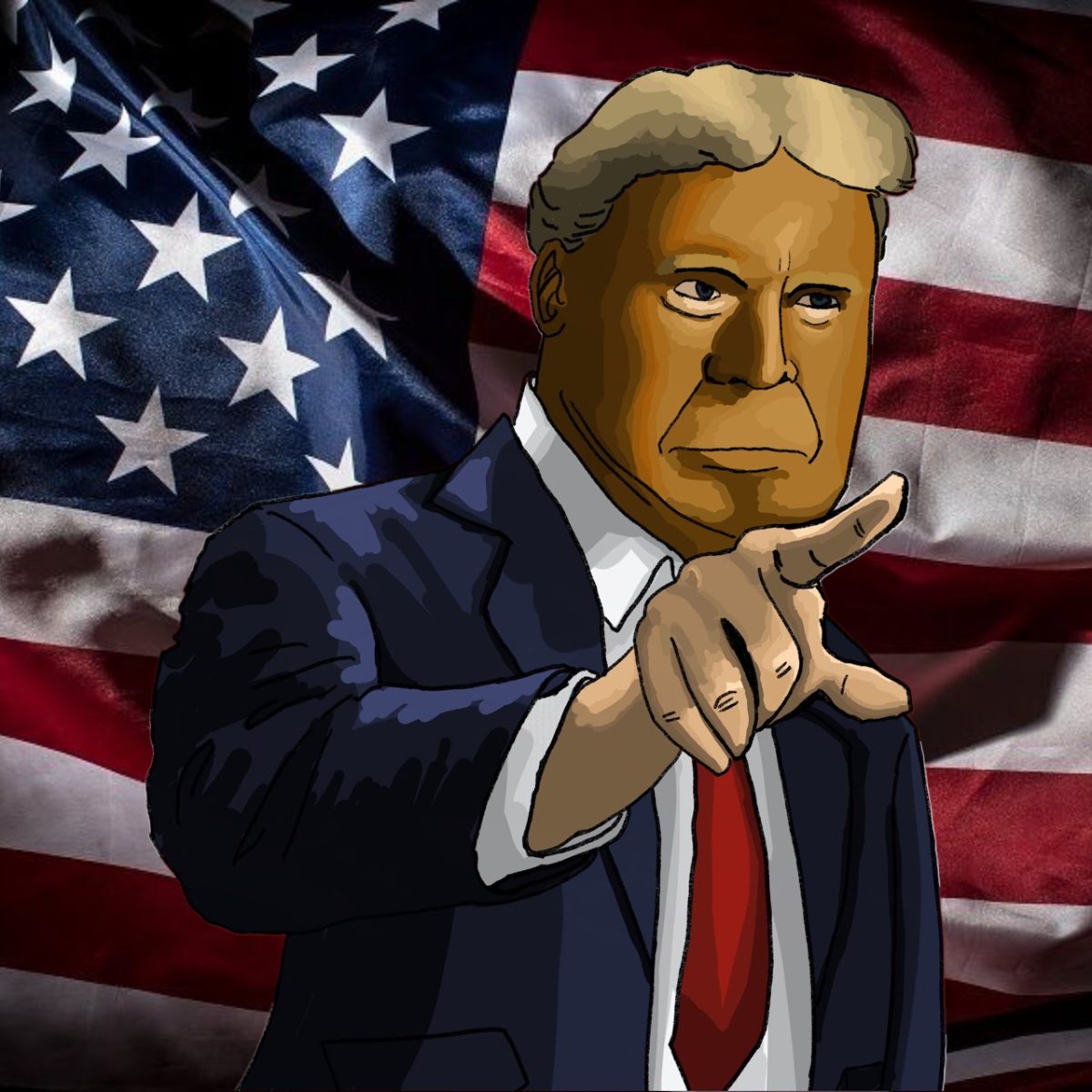
Enough is Enough.
Make America Great Again.
A Political Revolution is Coming. *
2015 has been hailed more than a few times as the year of the political outsider, and that’s so far proven true. One socialist, several businesspeople and yes, even a neurosurgeon have tossed their hats in the presidential ring- and overwhelmingly, the public has responded. These unlikely candidates have capitalized on the frustration of the American people with the current state of the nation.
Where being called an “outsider” might once have been a death knell for a candidate which pushed them to a strange fringe status, it has become a compliment, catapulting such candidates as Carly Fiorina, Donald Trump, Ben Carson and Bernie Sanders ahead in the polls. Why is America rallying in force behind these nonconformist candidates?
These candidates surge in the aggregate polls done by Real Clear Politics reveal a fundamental distrust among Americans for establishment politics, as they reject the party favorites and longstanding members of congress for less politically entangled, more radical and outspoken candidates. The most notable wild cards of each party are Donald Trump and Bernie Sanders, and their campaigns are changing American politics as we know it.
Trump is revered for his “strong” stance on immigration, as well as lack of previous involvement in what much of the public believes is a republican political sphere that has become too moderate, or in other words, not republican enough. Sanders, though a longtime politician, is loved by liberals for a similar reason; he has a shockingly honest record and has overwhelmingly stuck to his positions throughout the years (instead of exhibiting the kind of chameleonism his challenger, Hillary Clinton, is so often criticized for). The far reaches of both the left and the right share these sentiments, feeling that their parties have strayed too far from traditional ideals and that career politicians are becoming increasingly dishonest.
For example, political legacies Jeb Bush and Hillary Clinton were expected to perform much better than they have. While Clinton still holds a majority for the democratic nomination according to polls, Bernie Sanders and even the now-defunct possibility of a Joe Biden run have eaten into her numbers considerably. Similarly, Bush is not only not leading GOP polls, he’s trailing both Trump and Carson.
In addition to feeling a growing distrust for political elites, many voters feel that career politicians, or establishment candidates, have become increasingly moderate- that is, closer to center than the more extreme ideals of their parties. The evidence for this feeling is everywhere.
The reason so many conservatives stayed home instead of voting in 2012 was because of the perceived “too moderate” nature of Mitt Romney, as exemplified in Tim Griffin’s article from RedState.com, “What Went Wrong In 2012.”
Trip Gabriel of the New York Times explains that people feel similarly about Jeb Bush. “The leaders of evangelical and other socially conservative groups say they do not believe that Mr. Bush, the former governor of Florida — whom they already view as the preferred candidate of the Republican Party’s establishment — would fight for the issues they care most about […],” said Gabriel.
Sanders’ growing popularity is explained similarly.
“Sanders’s strength in general election polling gives credence to the argument that American voters favor progressive populist positions, which if taken by Democrats in the general election, would lead to a progressive populist Democratic president […],” said Brent Budowsky of The Hill.
In other words, Budowsky argues that although Americans might not know it, they increasingly favor policies that are much farther left than those of more centrist establishment politicians. Just to drive the point home.
“A majority of Americans feel betrayed by politicians from their political party,” according to a recent Fox News poll.
Shermichael Singleton of the Hill explained the popularity of these dissident candidates by using populism, or the idea of “power to the people,” as a lens.
“These nontraditional candidates represent the real friction between the American people and the political class […] The populism that we see today is a result of both parties ignoring their traditional constituents […] voters are frankly exhausted of losing to those with more influence and clout. And the rise of the outsiders is a result of that frustration,” said Singleton.
Although the parties may ultimately select the establishment candidates in this election, the popularity of Trump and Sanders sends an important message: The American public is tired of voting for the lesser evil and may not stand for compromise candidates much longer. Perhaps populism -the belief in the right of the common people to control government- will conquer establishmentism eventually, whether we see a President Sanders or Trump come 2017 or not.
*catchphrases and slogans of the Bernie Sanders and Donald Trump presidential campaigns
Categories:
Presidential Populists: Donald Trump and Bernie Sanders’ Popularity Speaks Volumes About America
November 30, 2015
1
0
More to Discover








maxwellofferman • Dec 3, 2015 at 6:31 pm
hey u should write about ted cruz